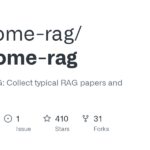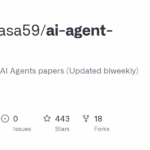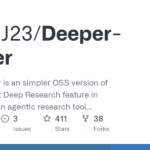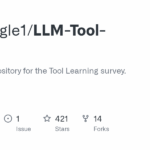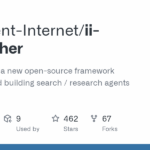PocketFlow Tutorial Codebase Knowledge
Basic Information
This repository is a tutorial project that demonstrates how to build an AI agent which crawls GitHub repositories or local directories, analyzes codebases, and automatically generates beginner-friendly tutorials and visualizations that explain how the code works. It is built as an example project for the Pocket Flow 100-line LLM framework and showcases an end-to-end pipeline that builds a code knowledge base, identifies core abstractions and interactions within a project, and transforms those findings into organized tutorial content. The README documents command-line usage, configuration options, LLM setup, Docker instructions, and links to example generated tutorials so users can reproduce the analysis locally or via the provided online service.


